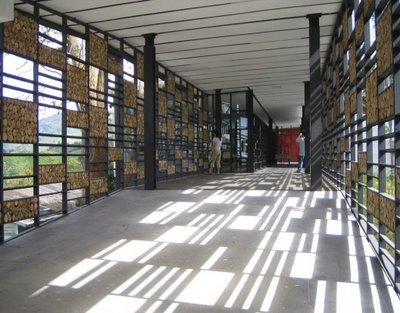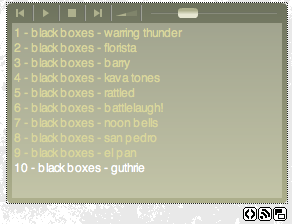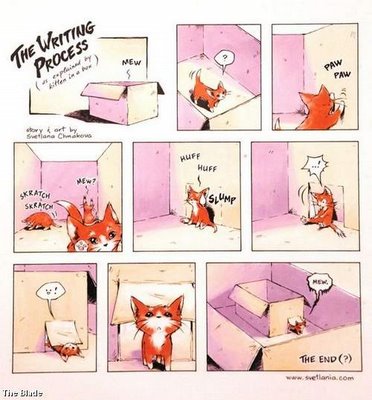Media Materiality Manifesto

Media Materiality Manifesto
Highlight. Reverse. Remix.
Just keep swimming. But tell me, what have you been swimming in?
Like the fish that swims in water, you too swim inside the rivers and oceans of media. From the materiality of the pencils in your hands to the keys at your fingertips to the TV coursing through your eyes, you just keep swimming. But start revealing the materiality of the mediums around you.
Media demands your interaction. It demands that you follow an established set of wars, wares and ways to forgotten roles and rules of your generation. Highlight the materiality clouding your senses.
Materiality is the essence of these mediums. It’s the parts of the whole. Start seeing the water around you by taking the expected into the unexpected.
Start questioning the naturalness of your ways. Why is it “natural” to get food from a supermarket? Is it natural because you’ve been doing it for your entire life? Does that make it natural?
Program or be programmed. Because how can you change something or make it better unless you understand the underlying parts? Reverse your ways.
Talk backwards. Now sound the warring remix. Make us all listen to ourselves. But tread softly, my friend, because your better is their worse.

 When I try to recall some event that put me on a path to new knowledge on how to become a better writer, I usually think of how it involved rhetoric and rhetorical devices, i.e. becoming a Sophist, perhaps(?). Yet, there was a time when I was prompted to reflect on my writing process and I soon realized that I had none (that I was aware of).
When I try to recall some event that put me on a path to new knowledge on how to become a better writer, I usually think of how it involved rhetoric and rhetorical devices, i.e. becoming a Sophist, perhaps(?). Yet, there was a time when I was prompted to reflect on my writing process and I soon realized that I had none (that I was aware of).